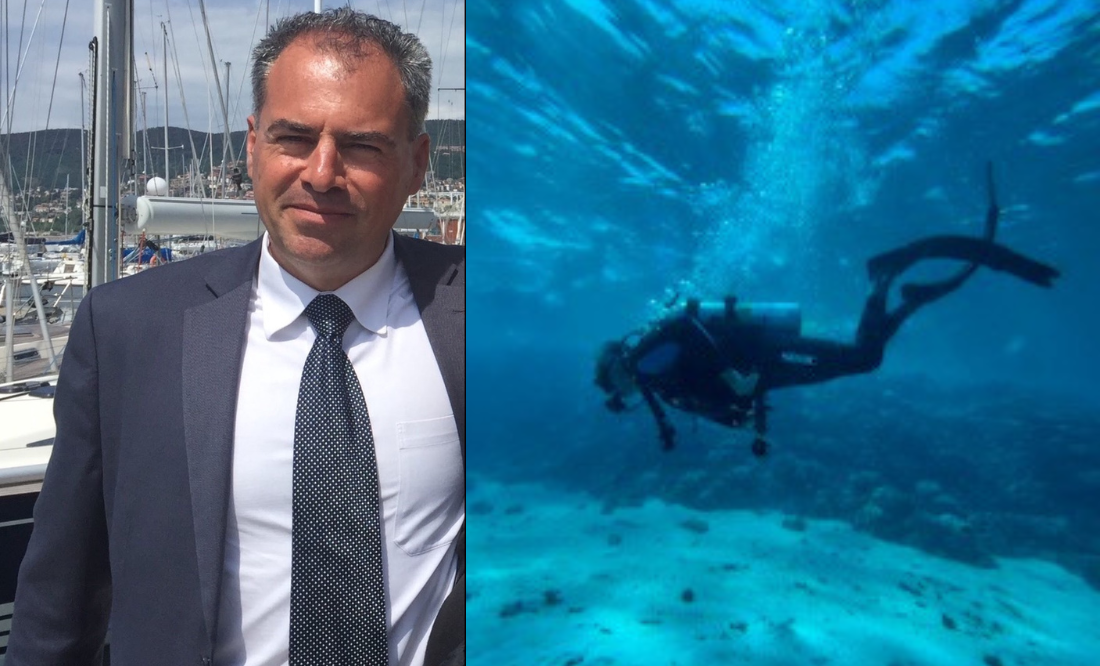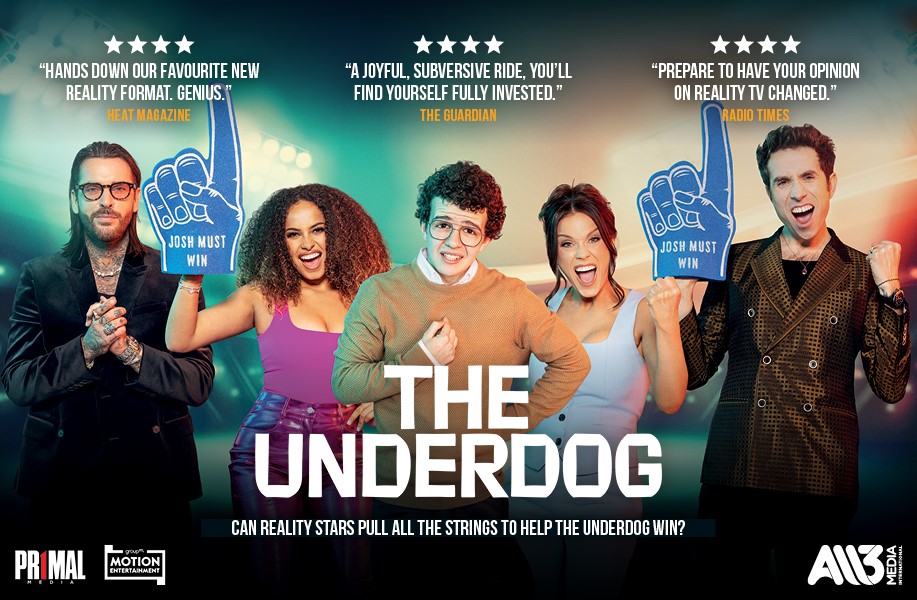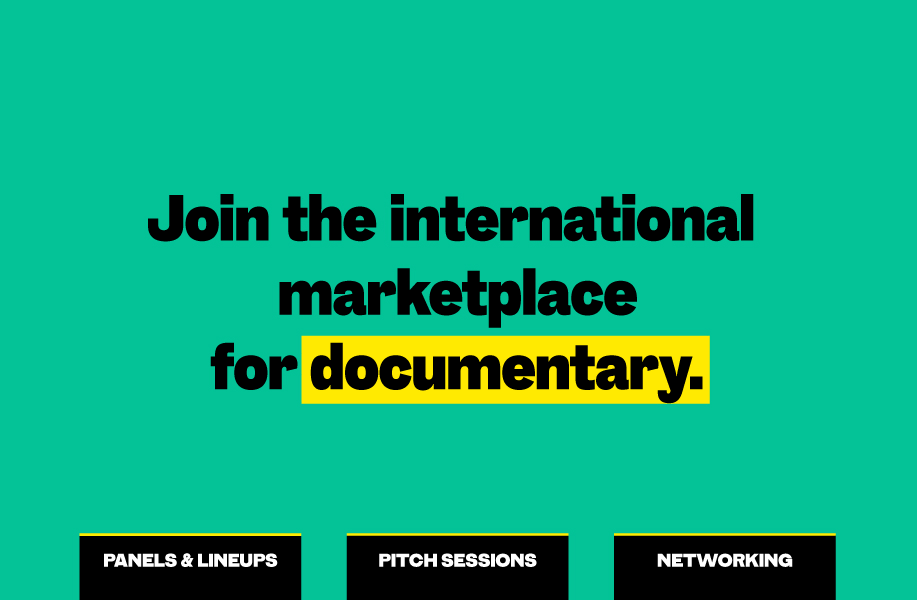Two Words with: Dr. Giuseppe Duranti is a certified environmental and acoustic consultant with over two decades of experience in environmental impact assessment, pollution control, and judicial expertise. Based in Treviso, Italy, he serves as a court-appointed technical expert (CTU) and is a member of the Executive Committee of the European Expertise & Expert Institute (EEEI). His work focuses on harmonizing best practices and creating cross-border standards for environmental experts.Combining scientific precision with legal competence, Dr. Duranti promotes sustainable decision-making across sectors, with a growing interest in applying his expertise to the audiovisual industry to support eco-conscious production practices.
Q&A – Environmental Sustainability in the Audiovisual Industry: A Conversation with Dr. Giuseppe Duranti
The audiovisual industry is undergoing a crucial transformation: taking responsibility for its environmental impact. From reducing emissions on set to promoting sustainable production practices, many companies are taking proactive steps to contribute to a greener future. We sat down with Dr. Giuseppe Duranti, environmental expert and member of the European Expertise & Expert Institute (EEEI), to understand what can and should be done to help the audiovisual sector become truly sustainable.
Q: Dr. Duranti, why is sustainability such an urgent issue in the audiovisual industry today?
A: The audiovisual industry, like many others, has a significant environmental footprint—think about energy consumption, waste production, transport emissions, and material usage during filming. This sector is extremely visible and influential, so its transition to sustainable practices can set a powerful example for others. Sustainability is no longer a trend—it's a responsibility. And we need shared tools, guidelines, and frameworks to ensure this change is real, measurable, and long-lasting.
Q: Many companies are already implementing green initiatives on their own. Is that enough?
A: It's certainly a good start. Production giants like Secuoya, Banijay, and Bavaria Film are pioneering eco-conscious efforts by introducing environmental managers, calculating carbon footprints, and adopting green protocols on set. But the reality is that fragmented efforts, no matter how commendable, are not enough. What we lack is a unified European protocol, endorsed at institutional level, to ensure consistency, transparency, and accountability across the industry.
Q: What role does your work play in this broader effort toward sustainability in creative industries?
A: As an environmental and acoustic consultant, I operate within a legal and scientific framework—conducting impact assessments, risk analyses, and ensuring compliance with environmental regulations. These methods are easily transferable to the audiovisual sector. The goal is to bring scientific rigor to production practices. For example, we could use non-invasive drone surveys, noise modelling, or eco-audit techniques to monitor and reduce on-set impact.
Q: What concrete steps can be taken right now by producers or platforms who want to be more environmentally responsible?
A: First, adopt measurable sustainability criteria—like using the Carbon Footprint methodology or adhering to EU Green Public Procurement standards. Second, appoint a dedicated environmental officer or on-set sustainability supervisor. Third, promote training and awareness, not only at managerial levels but also among technicians and crew. A culture of sustainability starts with education. Lastly, adopt low-impact technologies and reduce transport, energy, and material waste whenever possible.
Q: There are now more panels and events focused on these issues (such as Maria Rua Aguete’s panel at MIA in Rome). Is this a sign of real progress?
A: Absolutely. The increasing visibility of sustainability panels at key industry events is a promising sign. It shows that environmental issues are being taken seriously at an editorial and policy level. But again, without practical application and shared regulatory frameworks, these efforts risk staying in the realm of “good intentions.” We must turn ideas into action—standardize protocols, certify eco-friendly practices, and monitor results.
Q: You mentioned the importance of common frameworks. Can you tell us more about your work in Europe on this front?
A: I believe that environment, climate, and pollution know no borders. Likewise, the work of European judicial experts should not be limited by national boundaries. I hope that in the future we will establish common procedures, best practices, and shared professional standards for all justice operators.
I currently serve as a European environmental expert and member of the Executive Committee of the European Expertise & Expert Institute (EEEI) within the European Working Group on Artificial Intelligence and Judicial Expertise. This group, established with the European Commission for the Efficiency of Justice (CEPEJ – Council of Europe), is responsible for drafting ethical, technical, and legal guidelines for the integration of AI into judicial proceedings and expert activities. The aim is to enhance efficiency, transparency, and decision-making quality.
Q: How can these European-level efforts support sustainability in the audiovisual industry?
A: By establishing shared tools and procedures, we reduce fragmentation. If we can develop a Europe-wide sustainability protocol—based on evidence, legal consistency, and scientific data—it would allow every production, large or small, to follow the same green principles. It also means that incentives, certifications, and benchmarks can be recognized across borders, creating fairness and encouraging innovation.










